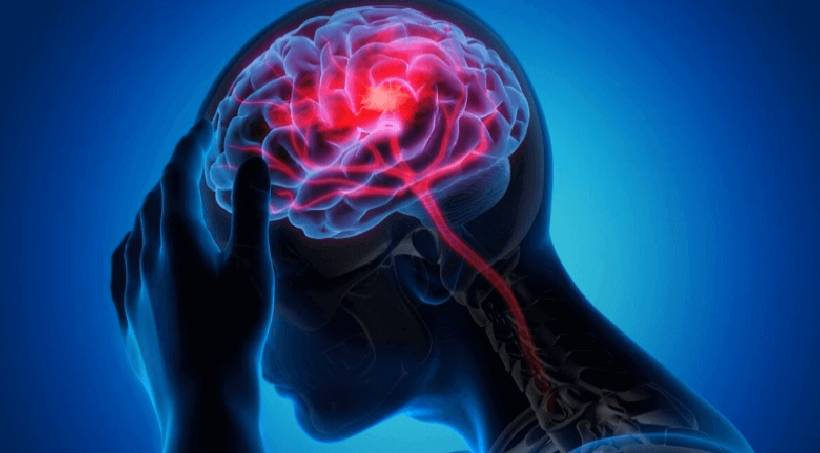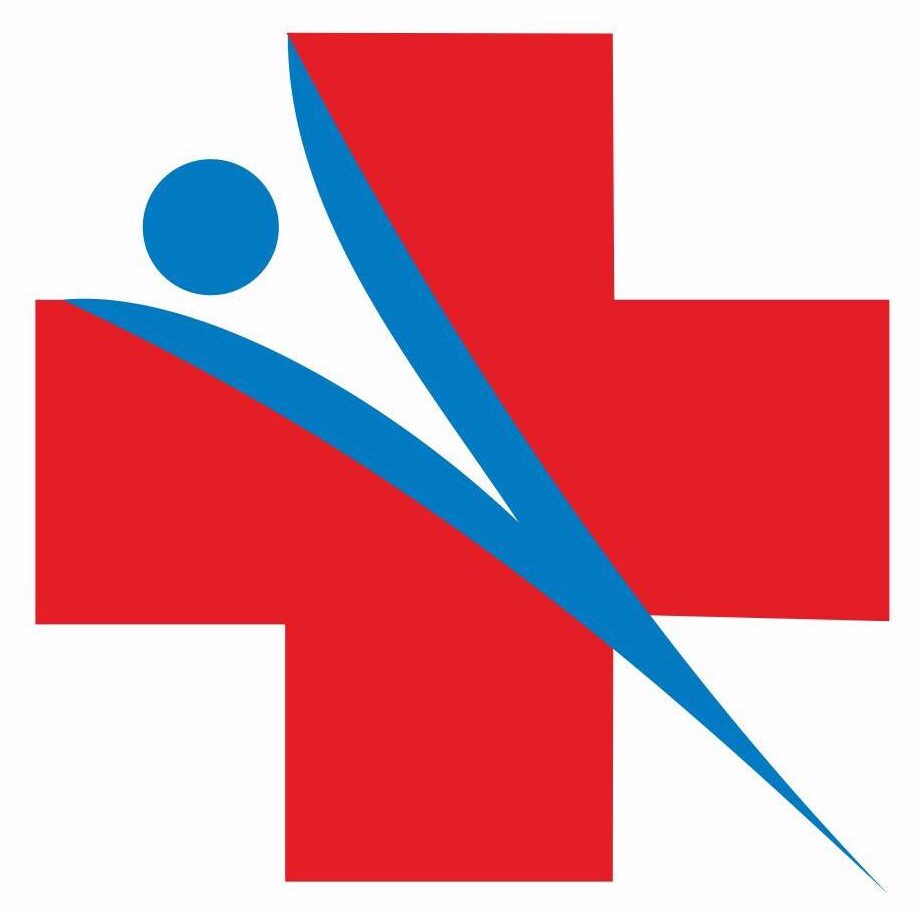Neurology

What is Neurology?
Neurology is the medical specialty focused on diagnosing, treating, and managing disorders of the nervous system. This includes the central nervous system (CNS)—the brain and spinal cord—as well as the peripheral nervous system, which includes all nerves outside the CNS. Neurologists also treat conditions that affect muscles, as many neuromuscular disorders have neurological origins.
Scope of Neurology
Neurology covers a wide range of disorders that can impact movement, cognition, sensation, coordination, and consciousness. Patients are referred to neurologists for symptoms like:
Persistent or severe headaches
Dizziness or balance issues
Seizures
Memory loss or confusion
Numbness, tingling, or muscle weakness
Movement difficulties (tremors, stiffness)
Vision or speech disturbances
Common Neurological Disorders
1. Stroke (Cerebrovascular Accident)
A stroke occurs when blood flow to a part of the brain is interrupted or reduced, depriving brain tissue of oxygen. It can be ischemic (due to a blood clot) or hemorrhagic (due to bleeding).
Symptoms: Sudden numbness, slurred speech, vision loss, confusion, or paralysis.
Treatment: Clot-busting drugs (tPA), thrombectomy, rehabilitation.
2. Epilepsy and Seizure Disorders
Epilepsy is a neurological condition characterized by recurrent seizures caused by abnormal electrical activity in the brain.
Symptoms: Convulsions, staring spells, loss of consciousness, sudden jerking movements.
Treatment: Anti-epileptic drugs (AEDs), surgery, vagus nerve stimulation (VNS), ketogenic diet.
3. Parkinson’s Disease
A progressive movement disorder caused by the degeneration of dopamine-producing neurons in the brain.
Symptoms: Tremors, muscle rigidity, slowness of movement, postural instability.
Treatment: Dopamine agonists, Levodopa, Deep Brain Stimulation (DBS), physical therapy.
4. Multiple Sclerosis (MS)
An autoimmune disorder in which the immune system attacks the protective myelin sheath around nerves in the CNS.
Symptoms: Fatigue, vision problems, numbness, muscle weakness, balance issues.
Treatment: Disease-modifying therapies (DMTs), corticosteroids, symptom management.
5. Alzheimer’s Disease and Other Dementias
Alzheimer’s is a degenerative brain disorder that leads to memory loss, cognitive decline, and behavioral changes.
Symptoms: Forgetfulness, disorientation, language problems, personality changes.
Treatment: Cholinesterase inhibitors, NMDA antagonists, memory care programs.
6. Migraines and Chronic Headaches
Migraines are severe headaches often accompanied by nausea, light sensitivity, and visual disturbances.
Types: Migraine with aura, tension-type headache, cluster headache.
Treatment: Triptans, pain relievers, preventive medications, lifestyle adjustments.
7. Peripheral Neuropathy
Damage to peripheral nerves causing pain, weakness, or numbness, often in the hands and feet.
Causes: Diabetes, infections, toxins, nutritional deficiencies.
Treatment: Pain management, treating underlying causes, physical therapy.
8. Neuromuscular Disorders
These affect the muscles and the nerves that control them.
Examples: Amyotrophic Lateral Sclerosis (ALS), Myasthenia Gravis, Muscular Dystrophy.
Treatment: Medications, assistive devices, respiratory support.
Diagnostic Tools in Neurology
Neurologists use advanced technologies to diagnose neurological disorders accurately:
MRI & CT Scans: Provide detailed images of the brain and spinal cord.
EEG (Electroencephalogram): Records electrical activity in the brain, often used to diagnose epilepsy.
EMG (Electromyography) & Nerve Conduction Studies: Evaluate muscle and nerve function.
Lumbar Puncture (Spinal Tap): Analyzes cerebrospinal fluid to detect infections, inflammation, or bleeding.
Neuropsychological Testing: Assesses memory, attention, and other cognitive functions.
Treatments in Neurology
Treatment strategies depend on the underlying condition and may include:
Medications: To control symptoms, slow disease progression, or prevent complications.
Neurosurgery: In cases of tumors, hydrocephalus, or severe epilepsy.
Physical, Occupational, and Speech Therapy: To aid recovery and improve quality of life.
Lifestyle Modifications: Including stress reduction, diet changes, exercise, and sleep hygiene.
Psychological Support: For mood disorders and cognitive changes associated with neurological diseases.
